The Johns Hopkins Doris Duke Early Clinician Investigator Award honors the academic achievements and potential of early career clinician scientists conducting original and rigorous clinical research projects. In order to be eligible for the awards, applicants must have extraprofessional caregiving responsibilities.
We will not be accepting applications in the upcoming academic year.
The grant provides each scholar up to $30,000 of supplemental research funds, in direct costs, over 12 months to support awardees’ current or developing research. Awardees are connected with helpful resources, have mentorship meetings with the program directors, and are welcomed into a community of program scholars.
This program is directed by Gail Daumit, MD, MHS and Daniel Ford MD, MPH and funded by the Doris Duke Charitable Foundation’s Fund to Retain Clinician Scientists and the Johns Hopkins University School of Medicine.
Applicant Eligibility
- Hold an MD, DO, or foreign equivalent degree from an accredited institution and an active U.S. medical license.
- Be a physician scientist with a full-time Instructor or Assistant Professor faculty appointment at the Johns Hopkins School of Medicine. (This does not include subspecialty fellows who have been given an instructor title for clinical duties.)
- Demonstrate a compelling, time-sensitive need for the award that is related to being a caregiver. Typically, this would be childcare, partner care, and/or eldercare.
- Have a minimum of 40% effort allocation to research between July 1, 2023 and June 30, 2024.
- Have an active career development award or research grant at the time of the application. The award is intended to supplement research projects; eligible faculty members must have active support for their research projects during the time of the award. Applicants with internal research funding are eligible to apply.
- Show evidence of strong research training and productivity.
- Be conducting an original and rigorous clinical research project that has the potential to address a health issue that poses a significant clinical burden, whether it is a rare or common condition. The grant may not be used to support experiments utilizing non-human animals, or any tissues derived from them.
Terms of the Award
- The grant provides up to $30,000 in direct costs over 12 months to each scholar (7/1 to 6/30). (See application requirements below for list of allowable uses of funds)
- Each awardee will be provided with a program mentor to provide advice and guidance in implementing plans for career development and use of clinical research resources.
- The program will also work with awardees to identify ICTR resources that may support their research.
- Awardees will complete progress reports to monitor individual progress.
- Access to the myriad career development resources available through the ICTR and School of Medicine’s Office of Faculty Development, including the K-to-R Transition Program.
Application Requirements
Research Statement (1,000 words)
Applicants must be conducting an original and rigorous clinical research project that has the potential to address a health issue that poses a significant clinical burden, whether it is a rare or common condition. Applicants will describe their current or developing research program and how these funds will help them increase their productivity with their current work (it is not necessary to develop a new research project). Applicants must describe specific milestones they would expect to achieve with the funding.
Statement of Need (500 words)
The statement of need should describe the extraprofessional caregiving responsibilities faced by the applicant (e.g., caring for an ill parent, young children, etc.) and how the funds will aid in maintaining the applicant’s research productivity given these responsibilities.
Curriculum Vitae in Johns Hopkins Medicine format
Other Support Page (500 words):
This program requires that applicants have a minimum of 40% effort allocation planned for research at the time of the award. Applicants must have a funded career development or research grant. Applicants with internal research awards may apply. The applicant should provide a description of all current and pending support (external and internal sources), with amounts and dates (July 1, 2023 through June 30, 2024).
Nomination Letter from Department/Division Director (1,000 words)
The letter should address career development plans for the candidate, candidate’s promise for a successful academic career in clinical investigation and division’s commitment to the candidate.
Letter of Support from Research Mentor (500 words)
The letter should address the candidate’s career development plans and how the mentor will support the candidate through the time of the award. It is optional whether the letter addresses how the funding would reduce the burden of extraprofessional caregiving.
Proposed Budget with Justification
The budget should include line items with direct costs (including fringe) totaling up to $30,000 over a 12-month period.
The funds provided must be used to further research. Examples include technical support, grant writing support, or buy out of required clinical time so that more time can be spent on research. Support for research personnel like coordinators is allowed and must be addressed in the budget justification.
Funds may not be used for: a) childcare or other caregiving costs directly; b) research supplies; and c) program scholar travel. We expect that the scholar’s primary grant will pay for the main research costs.
The grant may not be used to support experiments utilizing non-human animals, or any tissues derived from them.


